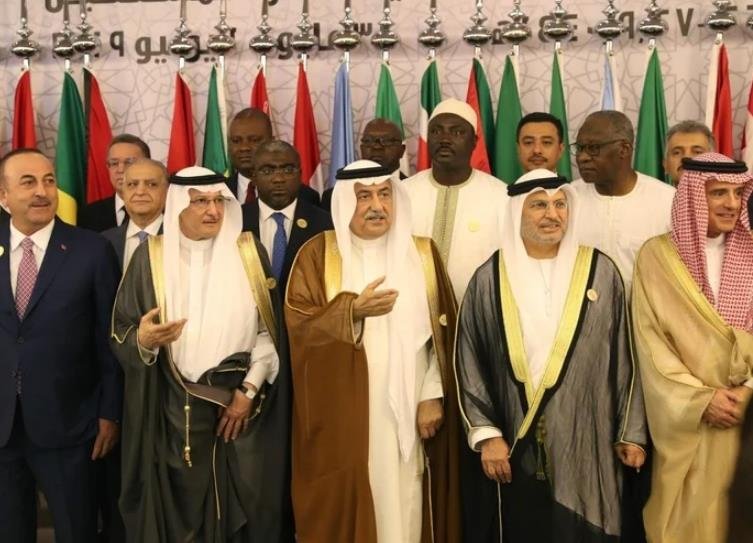Muslim and Arab leaders are gathering in Riyadh this Monday to discuss Israel’s ongoing conflicts in Gaza and Lebanon, signaling a unified stance on regional stability.
The Saudi Foreign Ministry announced the summit in late October during the inaugural meeting of an international alliance advocating for a two-state solution to the Israeli-Palestinian conflict. Leaders from various nations are set to convene, aiming to address the persistent Israeli aggression in Palestinian territories and Lebanon.
“It’s crucial we come together to find lasting peace,” a Saudi official remarked. The summit is expected to foster dialogue and develop strategies to mitigate tensions in the region.
Why is this summit important? Simply put, it’s a step towards resolving one of the Middle East’s most enduring conflicts.
High-Profile Attendees Arrive in Riyadh
Saudi state media reported the arrival of key figures, including Nigerian President Bola Tinubu and Lebanese Prime Minister Najib Mikati. Pakistani Prime Minister Shehbaz Sharif is also slated to attend, intending to advocate for an immediate end to the violence in Gaza.
- Bola Tinubu: Emphasizing peace and stability in the region.
- Najib Mikati: Highlighting the need for humanitarian aid in Lebanon.
- Shehbaz Sharif: Calling for an immediate cessation of hostilities.
Their presence underscores the global concern over the escalating violence and the urgent need for collaborative solutions.

Reflecting on Last Year’s Riyadh Summit
This gathering marks one year since a similar summit in Riyadh organized by the Arab League and the Organisation of Islamic Cooperation (OIC). Back then, leaders condemned Israeli actions in Gaza as “barbaric,” setting the stage for this year’s discussions.
Last year’s summit saw heated debates over potential measures against Israel, including severing economic and diplomatic ties. This time, the focus appears to be more on dialogue and actionable peace plans.
The Human Cost of Conflict
The backdrop of these discussions is the devastating human toll of the ongoing wars. The conflict reignited on October 7 last year when Hamas launched an unprecedented attack on southern Israel, resulting in 1,206 deaths, predominantly civilians.
Israel’s retaliation has been equally severe, with over 43,600 fatalities in Gaza, mostly civilians, according to the Hamas-run territory’s health ministry—a source the United Nations deems reliable. These staggering numbers highlight the urgent need for effective conflict resolution.
Diverse Memberships within OIC and Arab League
The summit brings together the 57-member Organisation of Islamic Cooperation (OIC) and the 22-member Arab League. These groups include nations with varied stances on Israel, some recognizing it while others oppose its integration into the regional framework.
This diversity presents both challenges and opportunities for consensus-building. Finding common ground among such a broad coalition is no small feat, but it’s essential for meaningful progress.
Strategies for Peace and Stability
Leaders are expected to outline strategies that address both immediate and long-term concerns. Topics likely to be discussed include:
- Ceasefire Agreements: Establishing immediate halts to ongoing violence.
- Humanitarian Aid: Coordinating support for affected civilians in Gaza and Lebanon.
- Diplomatic Efforts: Strengthening negotiations between Israel and Palestine.
- Regional Security: Enhancing collaborative security measures to prevent future conflicts.
These strategies aim to create a sustainable framework for peace, reducing the likelihood of future escalations.
Challenges Ahead
Achieving peace in the Middle East is fraught with obstacles. Deep-seated animosities, geopolitical interests, and external influences complicate the path forward. Additionally, differing national agendas within the OIC and Arab League can hinder unified action.
Yet, the collective will to address these issues head-on provides a glimmer of hope. The Riyadh summit represents a critical juncture where concerted efforts could pave the way for lasting peace.
